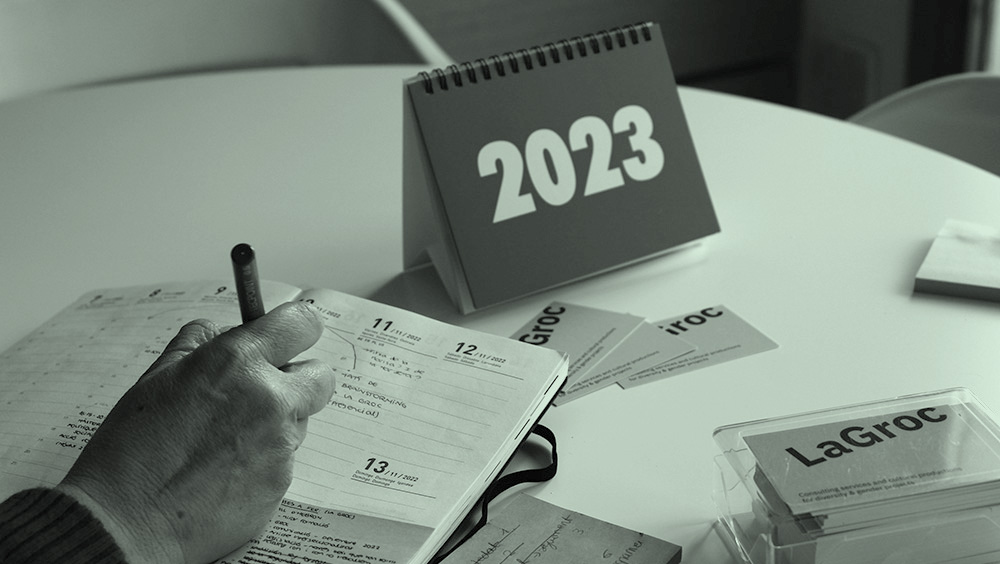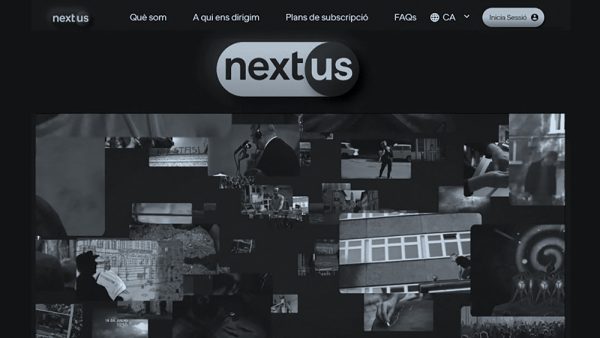The project consisted in the development of training (preparation of content and training) in the application of the gender perspective in all phases of projects development for members of the technical team of the Federación de Entidades con Proyectos y Pisos Asistidos (FEPA) and its member entities.
Objective
The objective of the training is to provide participants with the theoretical framework and skills to apply the gender perspective in a real project from the beginning to the end.
Contents
In order to achieve the training objetive, five training sessions of three hours each were designed, in which the following contents were dealt with:
- Session 1. Introductory session. This session dealt with the key concepts of gender equality and gender perspective, and began to introduce the first ideas on how we can apply the gender perspective in the development of projects.
- Session 2. Diagnosis from a gender perspective. The second training session, as well as the following ones, was dedicated to each of the phases of project elaboration. This second session focused on the first phase of project elaboration: the detection of a problem or the need for change in reality; and the elaboration of a diagnosis with a gender perspective where the problems and needs of the community or group that is the object of the project intervention are determined in order to adjust the project to reality as much as possible.
- Session 3. Design and planning from a gender perspective. This session focused on presenting the basic contents to be able to design a project with a gender perspective, and to do so coherently with the needs and problems detected in the diagnostic phase. The contents and tools were provided to define the intervention and plan the project’s actions taking into account the gender perspective.
- Session 4. Implementation from a gender perspective. The objective of this session was to present the basic contents to be able to implement the gender perspective in projects and to monitor it.
- Session 5. Evaluation from a gender perspective. No project can be considered completed until it is evaluated. In this sense, the last session focused on offering tools to evaluate the design, implementation, products and impacts of the project from a gender perspective, questioning the gender social order in the context where a given project has been implemented.
Methodology
Methodologically, the training sessions were designed in such a way that they combined theoretical contents with the practical application of these contents in real projects that the participants were developing on a daily basis.









































